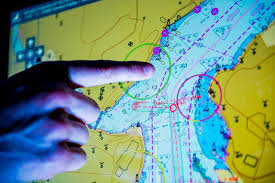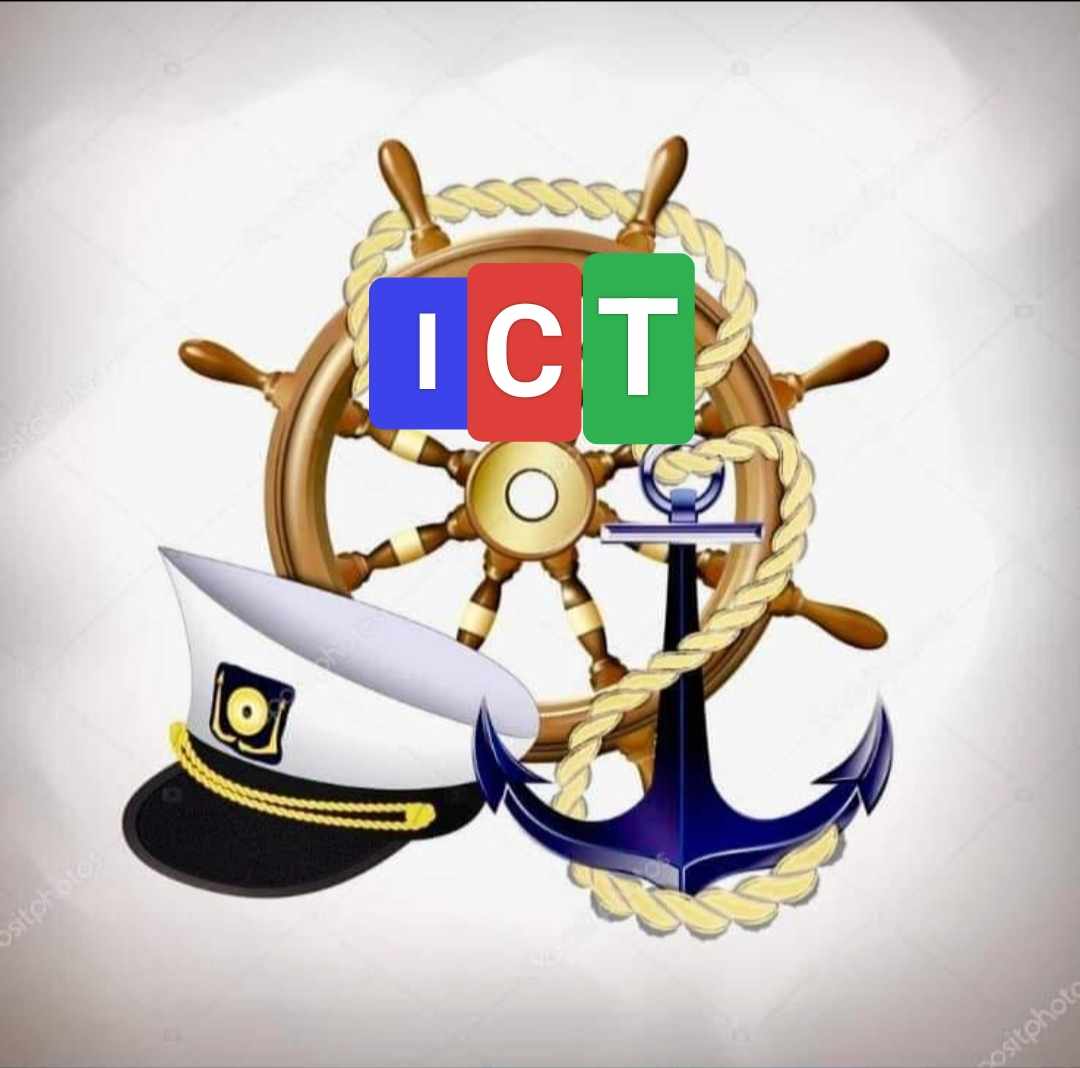The maritime environment presents unique challenges when it comes to
emergency preparedness and crowd management. Confined spaces, the potential for
rapid-onset incidents like fires or flooding, and the inherent isolation of
being at sea demand a highly structured and rigorously practiced approach. From
passenger vessels carrying thousands to smaller cargo ships with limited crew,
the safety of everyone on board hinges on effective planning, training, and the
ability to execute emergency procedures swiftly and efficiently. This handbook
addresses the critical aspects of shipboard emergency preparedness and crowd
management, focusing on the specific considerations of this unique environment.
The Importance of Shipboard Emergency Preparedness and Crowd Management
The ability to anticipate, prepare for, and effectively manage
emergencies at sea is paramount for several reasons:
- Preservation
of Life at Sea: The
primary objective is, without question, the preservation of life. In a
maritime emergency, rapid and coordinated action is crucial to minimize
casualties and ensure the safe evacuation of passengers and crew.
- Mitigation
of Maritime Hazards: Ships
face a range of specific hazards, including collisions, groundings, fires,
flooding, and severe weather. Effective preparedness helps mitigate the
impact of these events, protecting both lives and the vessel itself.
- Compliance
with International Regulations: International Maritime Organization (IMO) conventions, such as the
International Convention for the Safety of Life at Sea (SOLAS), establish
mandatory requirements for shipboard emergency preparedness, including
drills, training, and equipment. Compliance is not only a legal obligation
but also a fundamental aspect of maritime safety.
- Protection
of the Marine Environment: Maritime emergencies can have devastating consequences for the
marine environment. Preparedness measures aim to prevent or minimize
pollution and other environmental damage.
- Maintaining
Public and Industry Confidence: A strong safety record is essential for maintaining public trust
in the maritime industry and for the commercial success of shipping
companies.
Legal and Ethical Considerations in the Maritime Context
Shipboard emergency awareness and crowd management are governed by a
robust legal and ethical framework:
- International
Maritime Law: SOLAS
and other IMO conventions set the global standards for maritime safety,
including requirements for emergency plans, training, and equipment. Flag
state regulations also play a significant role.


- Company
Policies and Procedures: Shipping companies are responsible for developing and implementing
their own safety management systems (SMS), which must comply with
international and national regulations.
- Master's
Authority and Responsibility: The Master of the vessel has ultimate authority and responsibility
for the safety of everyone on board. This includes overseeing emergency
response and ensuring that procedures are followed.
- Ethical
Duty to Seafarers and Passengers: Ship operators have an ethical obligation to provide a safe
working and traveling environment for seafarers and passengers,
respectively. This includes providing adequate training, equipment, and
support in emergency situations.
Scope and Objectives of this Module
This module is designed to provide a practical guide to shipboard
emergency preparedness and crowd management. It aims to equip students with the
knowledge and skills necessary to:
- Understand
the specific challenges of human behavior in maritime emergencies.
- Implement
effective leadership and communication strategies in a shipboard context.
- Execute
robust crowd control and management procedures during musters and
evacuations.
- Become
thoroughly familiar with shipboard life-saving appliances and control
plans.
- Effectively
assist passengers and crew during musters and embarkation.
- Conduct
organized and efficient mustering procedures in accordance with SOLAS
requirements.
This module is specifically tailored for the maritime environment and
draws upon the relevant IMO regulations, best practices, and lessons learned
from past incidents. By understanding and applying the information presented,
readers will be better prepared to protect lives, prevent maritime disasters,
and ensure the safety and well-being of all those on board.






